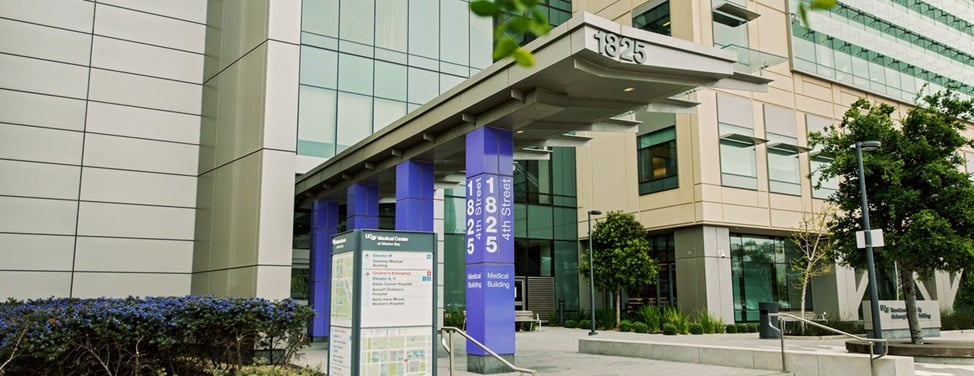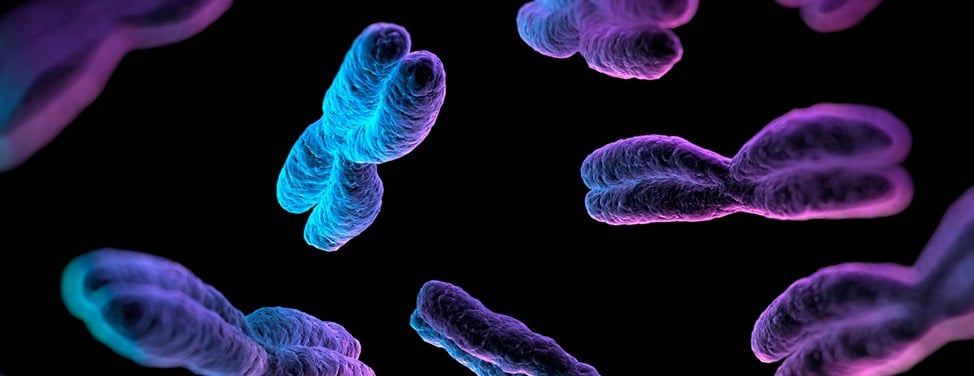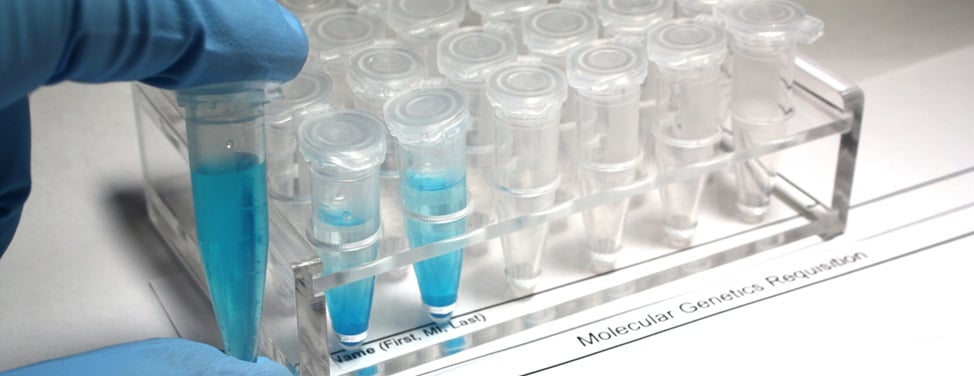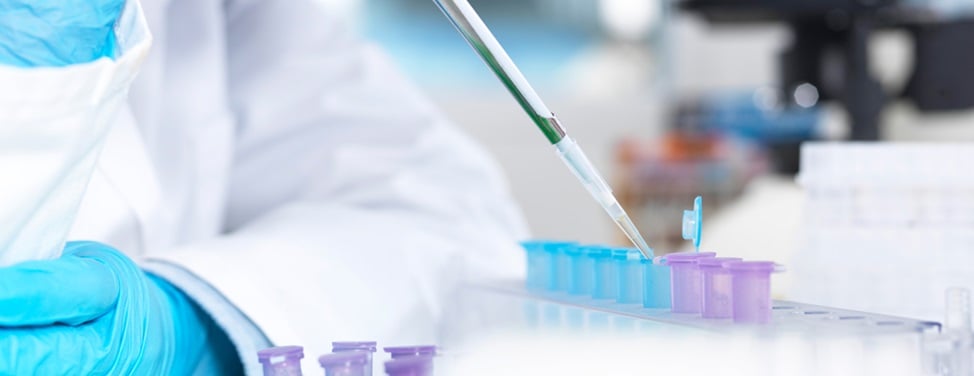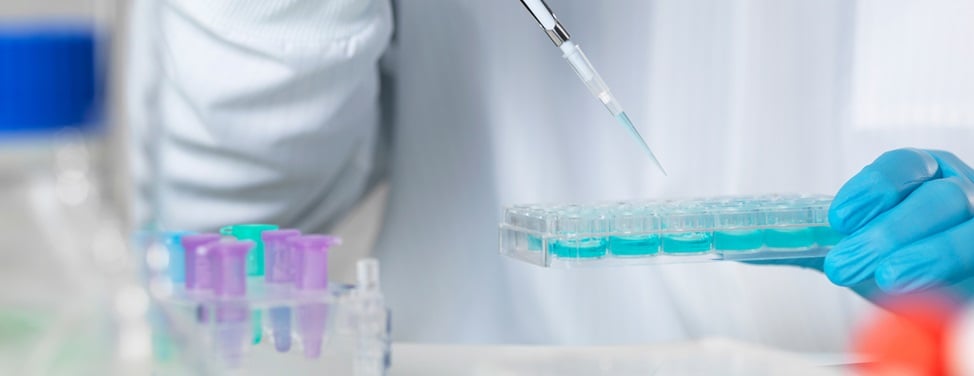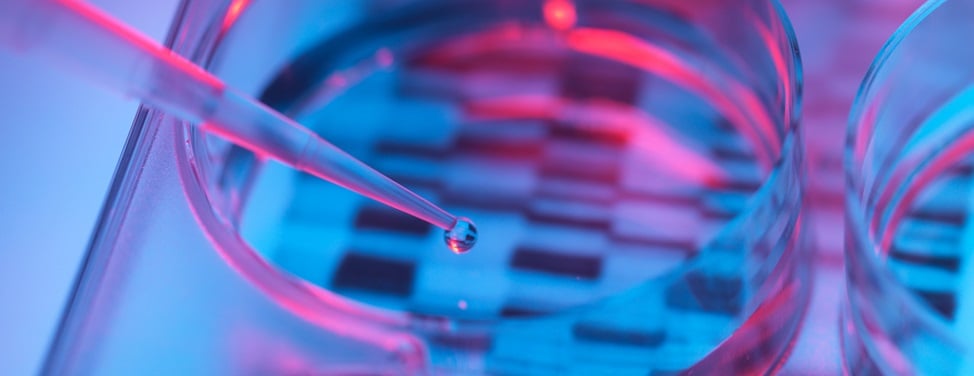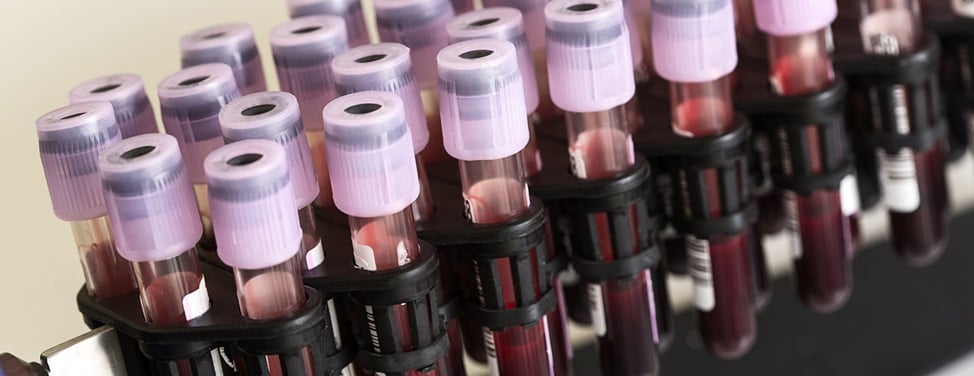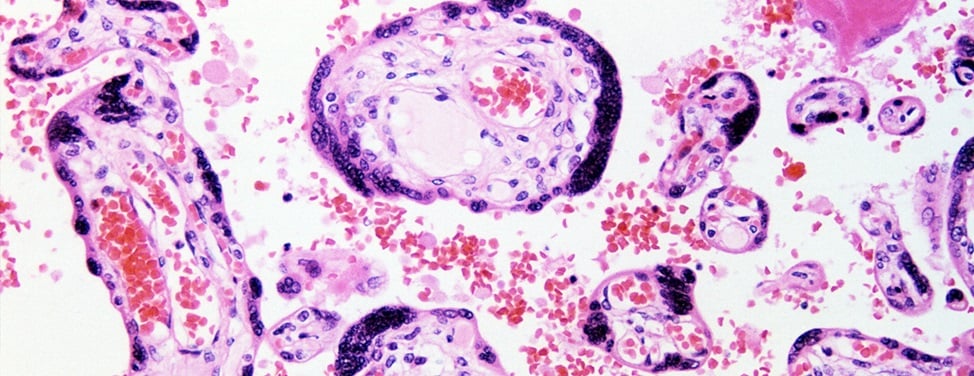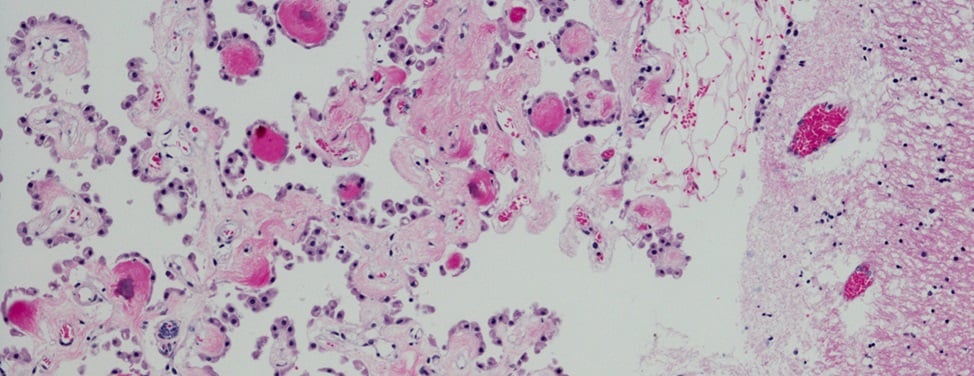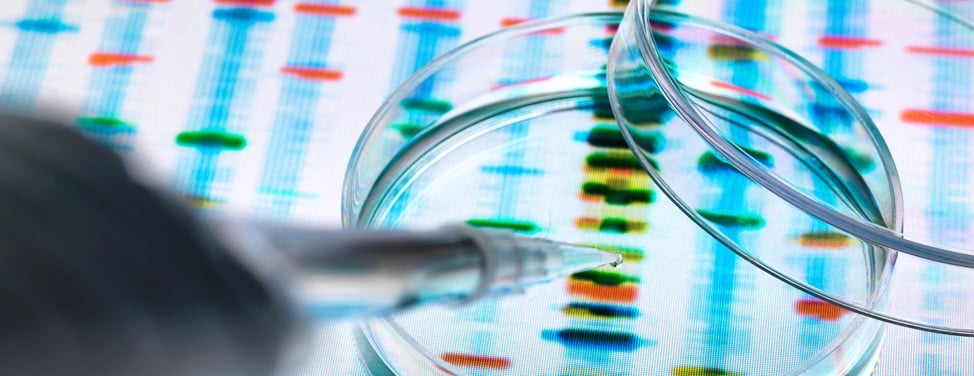- What are prenatal screening tests?
- Which conditions do the screening tests cover?
- What are the screening options in California?
- Who is eligible for prenatal genetic screening?
- What kind of results might I receive?
- Do I need prenatal screening?
- Does prenatal screening have limitations?
- Are there risks associated with prenatal screening?
- What are the next steps after a positive test result?
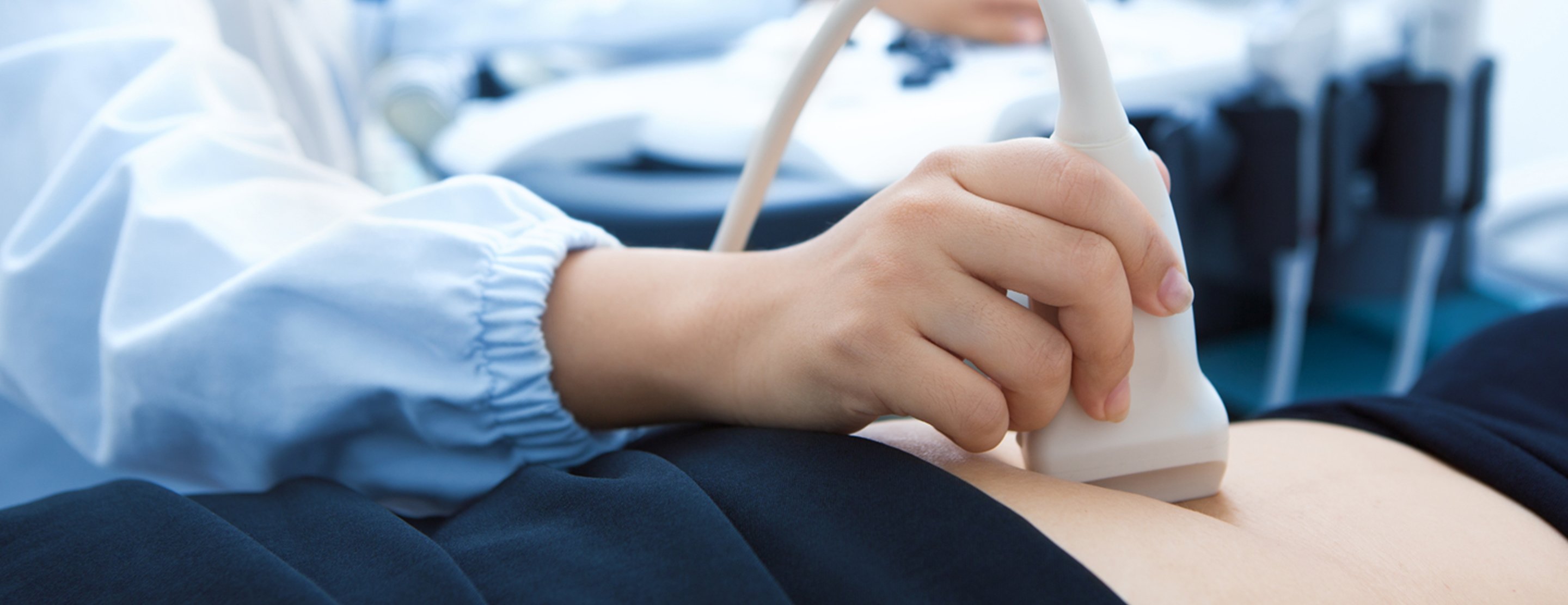
FAQ: Prenatal Screening for Birth Defects and Common Genetic Conditions
What are prenatal screening tests?
Prenatal testing is a way to measure a pregnancy's risk for several common genetic conditions, including Down syndrome. Whether to have these tests is up to the individual. The conditions that can be detected are typically caused by genetic changes that occur during a pregnancy rather than conditions inherited from either biological parent. Prenatal testing can also assess the risk of certain birth defects.
The screening options described on this page are considered noninvasive. They are performed using either a blood test or an ultrasound exam.
Which conditions do the screening tests cover?
- Down syndrome. Also called trisomy 21, Down syndrome happens when a fetus has an extra copy (full or partial) of chromosome 21. Babies born with this condition have a higher chance of certain birth defects, such as a heart or intestinal abnormality. People with Down syndrome have a distinct physical appearance and mild to moderate intellectual disability. Most live well into adulthood. Learn more about prenatal testing options for Down syndrome.
- Trisomy 18 and trisomy 13. These chromosomal disorders cause severe intellectual disability and medical issues in many parts of the body. Most babies born with one of these conditions don't survive past the first year.
- Neural tube defects. These neurological birth defects affect the brain or spinal cord. The most common neural tube defects are spina bifida (a spinal malformation) and anencephaly (parts of the brain or skull are missing).
- Some prenatal screening tests can assess the risk of certain other birth defects, including problems in the development of the abdominal wall.
What are the screening options in California?
All pregnant individuals in California have access to California prenatal screening (CA PNS). The process for this noninvasive screening, known as sequential integrated screening, has two parts:
- Cell-free DNA screening. This blood test, done at least 10 weeks into a pregnancy, can assess the risk for Down syndrome, trisomy 18 and trisomy 13. The test can also predict the sex of the fetus.
- Maternal serum alpha-fetoprotein (MSAFP) screening. This blood test, done when the pregnancy is between 15 and 21 weeks, can assess the risk of neural tube defects, as well as defects in the abdominal wall.
UCSF also offers and recommends an additional screening option:
- Nuchal translucency (NT) screening. This ultrasound, done when the pregnancy is between 11 and 14 weeks, measures the space behind the fetus' neck, which can indicate possible chromosomal changes or birth defects.
Who is eligible for prenatal genetic screening?
Most pregnant people are eligible. However, those who fit any of the following categories are ineligible, due to decreased testing accuracy:
- Pregnant with more than two fetuses
- Vanishing twin syndrome (the loss of one twin) affecting the current pregnancy
- Individuals who have had an organ transplant or currently have active cancer
What kind of results might I receive?
- Positive. The fetus has an increased risk for a specific condition.
- Negative. The fetus doesn't have an increased risk for the condition.
- Indeterminate. The test didn't reveal enough information to show whether the fetus has an increased risk for the condition. If this happens, your provider can readminister the test.
A prenatal test helps to assess risk but is not a diagnosis. A positive or negative result doesn't definitively indicate whether a pregnancy has a specific condition.
Prenatal screening is optional, and your provider will support your decision either way. Some patients opt for prenatal screening because learning about possible risks for genetic conditions would help them prepare or make decisions about the pregnancy.
Does prenatal screening have limitations?
No test can detect all possible health and developmental concerns in a pregnancy.
Prenatal screening tests are not 100% accurate. False positives and false negatives occur. These tests are also not diagnostic: They show the risk of a specific condition, not whether the fetus is affected by a specific condition.
Other genetic tests, including chorionic villus sampling and amniocentesis, may provide more definitive information about genetic risks in a pregnancy. Talk to a genetic counselor to learn more about your options.
Are there risks associated with prenatal screening?
The tests described on this page are blood tests or ultrasound exams that don't pose any physical risk for the pregnancy.
Though it happens rarely, a prenatal genetic test could reveal information about your own health. For example, you might find out that you have a chromosome abnormality.
What are the next steps after a positive test result?
If a test reveals an increased risk in your pregnancy, you will be referred to a genetic counselor to discuss your options. Your genetic counselor may recommend further testing.
If you have questions about prenatal genetic screening and testing, or you'd like to schedule an appointment with a genetic counselor, please contact the UCSF Prenatal Diagnostic Center.
UCSF Health medical specialists have reviewed this information. It is for educational purposes only and is not intended to replace the advice of your doctor or other health care provider. We encourage you to discuss any questions or concerns you may have with your provider.






